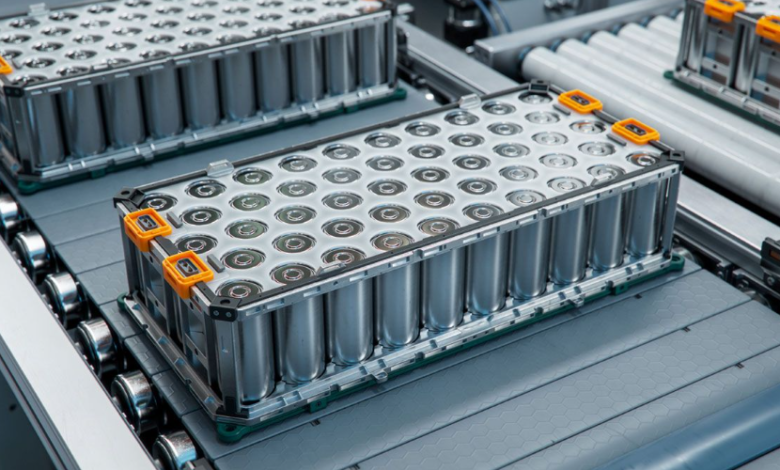What is a lithium ion battery module?

Introduction
In the rapidly evolving world of energy storage, understanding system components has become crucial for anyone considering advanced solutions. At Felicity Solar, our focus is on providing solar energy storage solutions and customised services. One key component you’ll often hear about is the lithium ion battery modules. In this article, we will explain what a lithium ion battery module is, explore how it fits into larger energy-storage systems, and highlight why choosing a trusted partner like Felicity Solar matters when implementing these modules in your solar-storage setup.
Defining a lithium ion battery module
A lithium ion battery module is a mid-level assembly that sits between individual battery cells and a full battery pack. In practice, multiple lithium cells are interconnected in series and/or parallel to increase voltage and capacity. The module also typically includes mechanical support, thermal management, and often monitoring electronics such as a battery-management system (BMS).
Why is this module level so important? Because by packaging cells into modules, the system becomes more manageable, safe, and scalable. For solar‐plus‐storage projects, using well‐designed lithium ion battery modules ensures predictable performance, easier maintenance, and simplified integration.
See also: How Roof Repair Services Provide Peace of Mind for Homeowners
How lithium ion battery modules work in practice
Structure and configuration
Inside a module you’ll find a set number of lithium ion cells arranged in series (to raise voltage) and parallel (to raise capacity). The module housing supports the cells mechanically, conducts heat away via busbars or cooling plates, and connects externally to larger system components. Because the cells must operate together, the module design also includes monitoring of voltage, current, temperature, and often imbalance between cells—thus the BMS within the module or integrated system is essential.
Integration into solar energy storage systems
When you install a solar-storage system, you’re not simply installing single cells; you’re installing modules and then assembling modules into a battery pack (or multiple packs). A module serves as a building block. In a system from Felicity Solar, for example, we select lithium ion battery modules that meet your required capacity, voltage, and cycle-life targets. They are matched to our solar inverter and storage control system so everything works seamlessly—from your photovoltaic panels to the storage modules to how the system interacts with the grid or off-grid loads.
Key benefits of using properly designed lithium ion battery modules
Scalability and flexibility
Thanks to standardised modules, you can scale a system by adding or replacing modules rather than redesigning from scratch. This makes upgrading capacity or implementing hybrid solar-storage systems easier.
Improved safety and performance
With modules designed for thermal management, monitoring and protective circuit integration, risk of failure, imbalance or thermal runaway is reduced. Studies emphasise how module design must ensure mechanical strength, electrical performance and thermal control.
Simplified maintenance and service life
Since modules group cells and include system interfaces, maintenance becomes easier—faulty modules can be replaced rather than disassembling the entire battery pack. Moreover, module constructs help manage lifetime degradation more predictably.
Why trust Felicity Solar for your lithium ion battery module needs
At Felicity Solar, we specialise in solar energy storage solutions and customised services. We work with lithium ion battery modules that are selected based on your solar project’s size, location and usage profile. From module specification (voltage, capacity, chemistry, thermal design) through system integration to after-sales support, our team ensures you receive a turnkey solution. When choosing a supplier, consider the module’s compatibility with your solar inverter, its service life warranty, and the provider’s expertise with installation and ongoing support—these are all parts of the full offering from Felicity Solar.
Conclusion
To summarise, a lithium ion battery module is the essential intermediate component in modern energy storage systems. It bridges individual cells and full battery packs, providing modularity, safety, and scalability—especially valuable in solar-storage applications. By partnering with a specialist like Felicity Solar, you can ensure your system uses the right modules, is properly integrated, and delivers reliable performance over its lifetime. If you’re ready to explore how lithium ion battery modules can boost your solar energy storage project, we invite you to contact us and discuss your requirements in detail.




